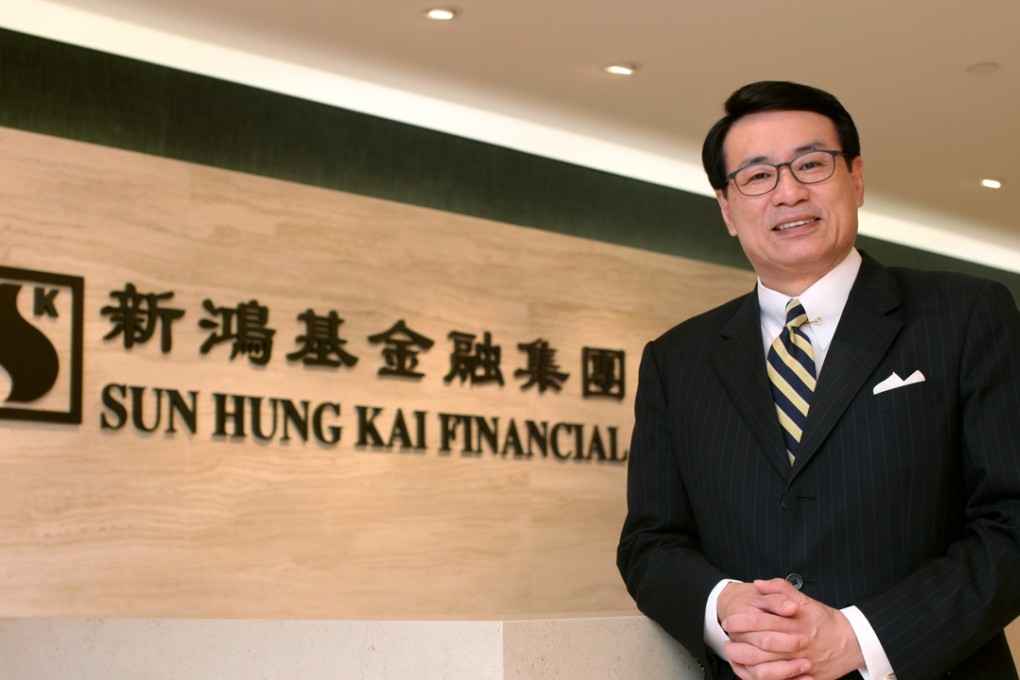'Everybody has his own way to get their money to Hong Kong': Five-year plan prompts rethink of Hong Kong’s role in China’s finance sector
Local players will have to run faster than the mainland opens up, says industry veteran

The Communist Party’s commitment to raising the mainland’s per capita income in its next five-year plan will provide great business opportunities for Hong Kong finance companies, but they will need to think and prepare ahead, a local financial sector veteran says.
Hong Kong has prospered as a financial hub for decades by directing offshore investment to the mainland and serving as a springboard for mainland companies looking to go global.
However, as the mainland pushes ahead with further opening up of its capital markets, from launching free-trade zones to enhancing the convertibility of its currency, some people argue the city will lose the bonus it used to enjoy.
“No players in Hong Kong will be as naive as believing that the current business environment will just continue forever,” William Leung, chief executive of Sun Hung Kai Financial (SHKF), said. “For my company, my objective is to run faster than China opens up.”
A plenum of top party leaders in late October sketched out the guidelines for the next five-year plan, including doubling the mainland’s per capita income from the level in 2010, avoiding the middle-income trap, and also doubling gross domestic product from the 2010 level to 54.2 trillion yuan.
Everybody has his own way to get their money to Hong Kong, and local banks and brokerage houses are happy to serve them
Leung said the targets were about creating more well-off people and more successful companies.